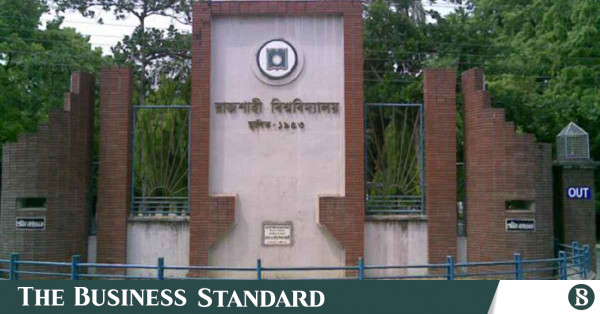Today, becoming a teacher is not a popular choice among young people in communities across America. In fact, the number of teacher pipelines, whether in preparation programs or in school districts, continues to be low.
Since 2010, the number of those seeking to become teachers has declined by about a third, creating a critical shortage of educators in many states, including New Mexico. This decreasing number is not necessarily generalized, but can be concentrated by subject (mathematics, science and special and bilingual education), by geographic location and / or by problems that plague the teaching profession.
But it doesn’t have to be.
Here we draw attention to the teaching profession and the importance of developing our own teacher recruitment programs that are diverse, culturally rich and representative of our communities to find innovative solutions to teacher shortages.
Teaching is no different from any other profession, but there are many positive aspects that overshadow the challenges. You may ask: Why did we become teachers in the first place?
At the top of the list, education matters, and it matters every day for every child. Teachers have unique opportunities to make a difference in the lives of their students. Yes, teaching is mentally and physically demanding, but it is truly rewarding because the best part of teaching is the light in every child’s eyes.
So how do you get more interest in teaching? We have all been inspired by teachers who have made a difference in our lives. How to promote the value and value of education? There are many compelling reasons to expand the ranks of educators in our communities. Grow Your Own teacher programs are becoming a viable solution to dealing with diversity and teacher shortages in our schools.
The teacher pipeline begins with a conceptual framing that covers the continuum of teacher development. It starts with recruiting that supports those interested in teaching by having a teacher model they can connect with to answer questions, troubleshoot, or just listen; preparation that includes programs and structures that underpin learning and coaching; and retention which incorporates mentoring, lifelong learning and professional development.
But I’m getting ahead of myself. The first step of the continuum – recruiting – is my goal here.
Grow Your Own programs have been around for a long time, and their scope, target population and mission vary, as they aim to improve not only the number of applicants but also the diversity of the next generation of educators. I have helped establish such programs – school-university partnerships to increase the ranks of STEM educators. There are many across the country, including a student teacher effort (teachercadets.com/teacher-cadet-training.html) and Educators Rising (heducatorsrising.org). Others offer chapters of future educators (futureeducators.org) and academies of teachers for all who are interested.
Some programs hire educational assistants, paraprofessionals, and career-changing people who come from a variety of backgrounds. Teacher assistants are in a good position to become teachers. It is essential to encourage them to continue their education by offering them a menu of mentoring and financial options. Bill 22, passed in the 2021 legislative session, makes Grow Your Own Teacher scholarships available to school employees to cover educational expenses.
The opportunities are almost limitless, but there needs to be encouragement from mentors, as well as financial incentives for potential applicants to join these essential programs. Expanding the ranks of a pipeline of teachers with those from the community increases the likelihood of higher teacher retention rates and closer connections with our culturally and linguistically diverse students.
The development of teacher pipelines in northern New Mexico begins with conversations emphasizing the importance of teaching. Welcoming them into the teaching profession begins with this first step.
Let’s take this step together to start our own program here in Santa Fe. “Build it, and they will come. “
Judy Reinhartz is Professor Emeritus at the University of Texas-El Paso and a volunteer with Santa Fe Public Schools. She can be contacted at [email protected]
 Xing Wu
Xing Wu



